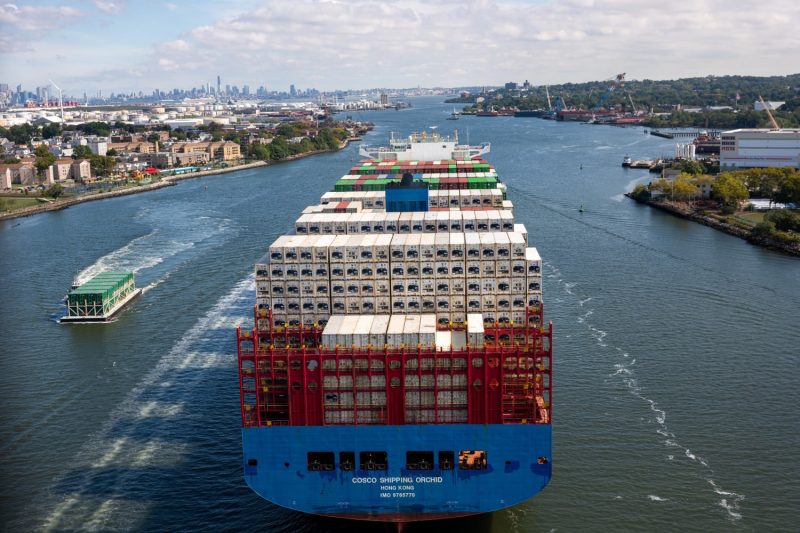
Ports Along East and Gulf Coasts Paralyzed by Massive Worker Strike
Ports on both the East and Gulf Coasts of the United States came to a standstill as thousands of workers initiated a strike in response to unresolved issues. The strike, which was organized by the Longshoremen’s Union, has effectively halted operations at major ports, disrupting the flow of goods and causing significant economic implications. This sudden and widespread work stoppage has sparked concerns among industry stakeholders and government officials alike, as they grapple with the immediate impact and work towards finding a resolution.
The primary grievance driving the strike revolves around labor conditions and compensation for workers in the port industry. Longshoremen have long been advocating for better wages, improved working conditions, and enhanced job security. However, negotiations between the union representatives and port authorities have reached an impasse, leading to the decision to proceed with the strike as a means to exert pressure and push for their demands to be met.
The ramifications of the strike are far-reaching and multifaceted. With ports on both coasts effectively shut down, the movement of goods and commodities has come to a grinding halt. This disruption has serious implications for various industries that rely on the timely transport of goods, including manufacturing, retail, and agriculture. Businesses that depend on imported or exported goods are facing delays and uncertainties, impacting their operations and bottom line.
Moreover, the strike has raised concerns about the broader economic impact, both domestically and internationally. The United States is a key player in global trade, and any disruption in port operations has ripple effects that extend beyond its borders. International shipping schedules are being disrupted, leading to potential supply chain disruptions and increased costs for businesses that rely on imported goods. The strike is also likely to strain diplomatic relations with trading partners, as disruptions in trade routes can have diplomatic and political repercussions.
In response to the strike, government officials and industry leaders are scrambling to find a resolution that will address the concerns of the workers while minimizing the economic fallout. Mediation efforts are underway to facilitate productive dialogue between the union and port authorities in the hopes of reaching a mutually beneficial agreement. However, finding a satisfactory resolution that addresses the core issues at hand while ensuring the smooth operation of ports remains a challenging task.
As the strike continues to unfold, the stakes are high for all parties involved. The Longshoremen’s Union is determined to stand firm in their demands for better working conditions and fair compensation, while port authorities and businesses are eager to resume operations and mitigate the economic impact of the strike. The coming days will be crucial in determining the outcome of this labor dispute and its lasting effects on the port industry and the broader economy.
